

BERLIN (Reuters)
Germany’s opposition conservatives won the national election on Sunday, putting leader Friedrich Merz on track to be the next chancellor while the far-right Alternative for Germany came in second, its best ever result, exit polls showed.
Following a campaign roiled by a series of violent attacks, and interventions by U.S. President Donald Trump’s administration, the conservative CDU/CSU bloc won 28.5% of the vote, followed by the AfD with 20%, an exit poll published by ZDF public broadcaster showed.
Merz, 69, has no previous government experience but has promised to provide greater leadership than Chancellor Olaf Scholz and to liaise more with key allies, restoring Germany to the heart of Europe.
A brash economic liberal who has shifted the conservatives to the right, he is considered the antithesis of former conservative Chancellor Angela Merkel, who led Germany for 16 years.
Short of a majority in an increasingly fragmented political landscape, however, his conservatives will have to sound out partners to form a coalition.
Those negotiations are certain to be tricky after a campaign which exposed sharp divisions over migration and how to deal with the AfD in a country where far-right politics carry a particularly strong stigma due to its Nazi past.
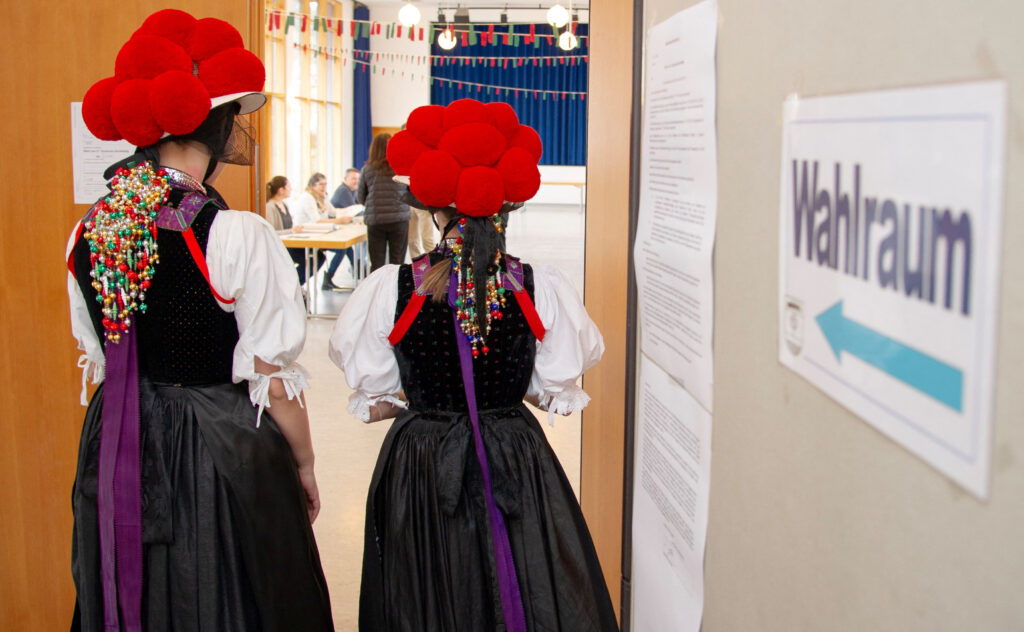
That could leave Scholz in a caretaker role for months, delaying urgently needed policies to revive Europe’s largest economy after two consecutive years of contraction and as companies struggle against global rivals.
It would also create a leadership vacuum in the heart of Europe even as it deals with a host of challenges including U.S. President Donald Trump threatening a trade war and attempting to fast-track a ceasefire deal for Ukraine without European involvement.
Germany, which has an export-oriented economy and long relied on the United States for its security, is particularly vulnerable.
Germans are more pessimistic about their living standards now than at any time since the financial crisis in 2008.
Attitudes towards migration have also hardened, a profound shift in German public sentiment since its “Refugees Welcome” culture during Europe’s migrant crisis in 2015, that the AfD has both driven and harnessed.
Musk weighs in
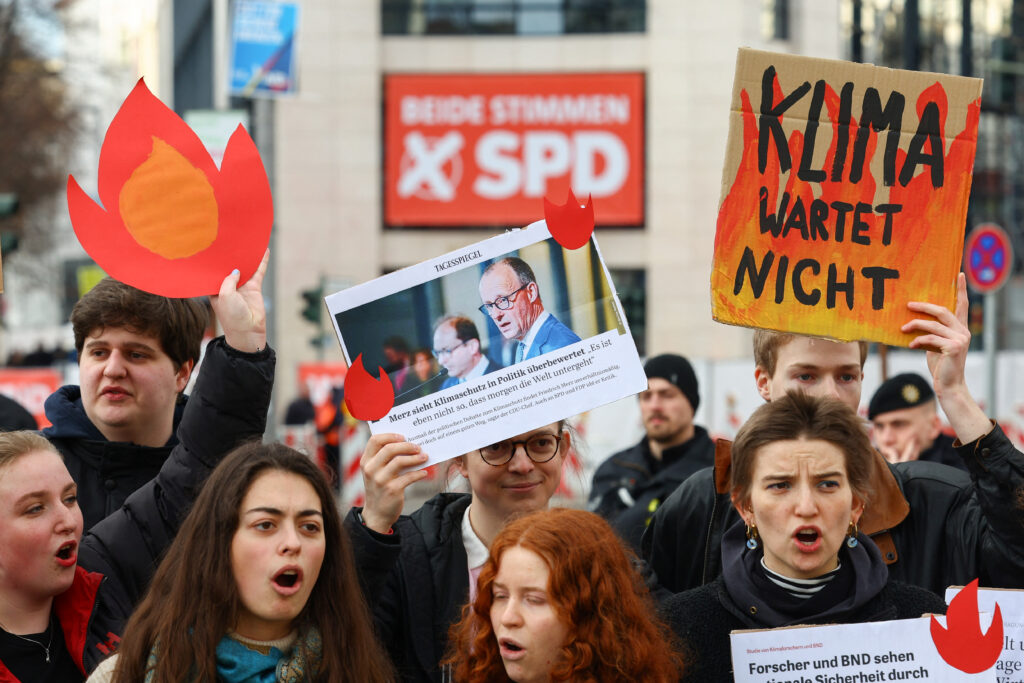
Sunday’s election came after the collapse last November of Scholz’s coalition of his Social Democrats (SPD), the Greens and pro-market Free Democrats (FDP) in a row over budget spending.
The election campaign has been dominated by fierce exchanges over the perception that irregular immigration is out of control, fueled by a series of attacks in which the suspected perpetrators were of migrant origin.
It has also been overshadowed by the unusually forceful show of solidarity by members of the Trump administration – including Vice President JD Vance and tech billionaire Elon Musk – for the anti-migrant AfD, and broadsides against European leaders.
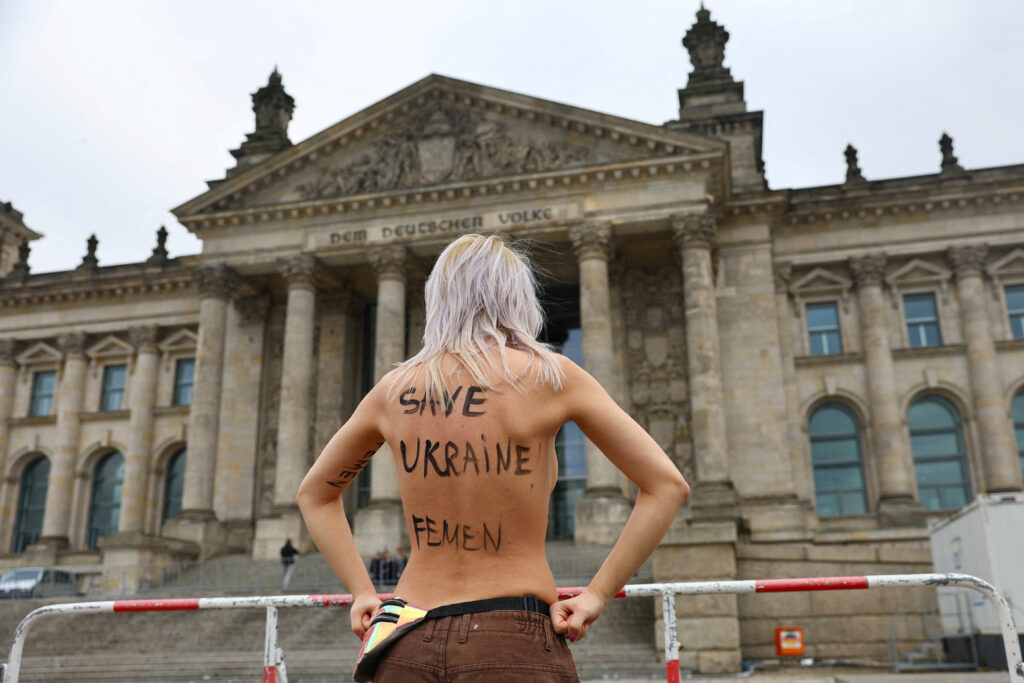
The 12-year old AfD party took second place for the first time in a national election, according to the exit polls.
To be sure, the AfD is unlikely to govern for now as all mainstream parties have ruled out working with it, though some analysts believe its strength could pave the way for an AfD win in 2029.
Support for the AfD, along with a small but significant vote share for the far left and the decline of Germany’s big-tent parties, is increasingly complicating the formation of coalitions and governance.
Coalition options

EU allies are cautiously hopeful the elections might deliver a more coherent government able to help drive forward policy at home and in the bloc.
Some also hope Merz will reform the “debt brake”, a constitutional mechanism to limit government borrowing that critics say has strangled new investment.
The most expected outcome of this election is a tie-up of Merz’s conservative bloc of Christian Democrats (CDU) and Christian Social Union (CSU) with the SPD in an uneasy “grand coalition.”
Another three-way coalition may be necessary if several small parties end up crossing the 5% threshold to enter parliament, complicating talks.

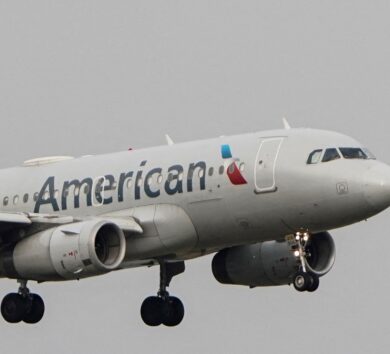

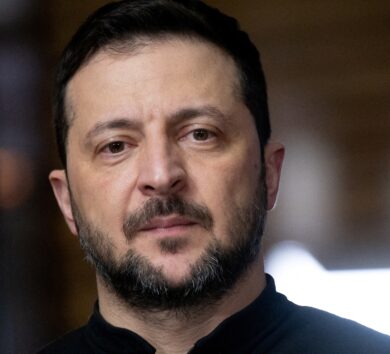

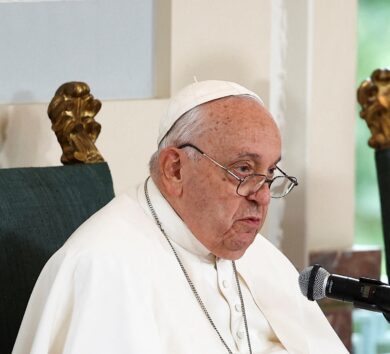
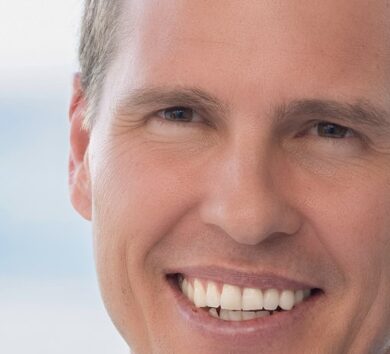
Comments